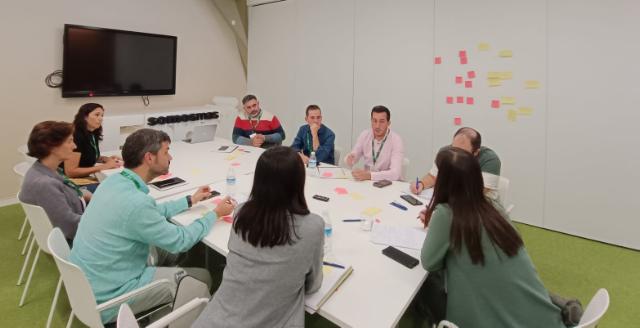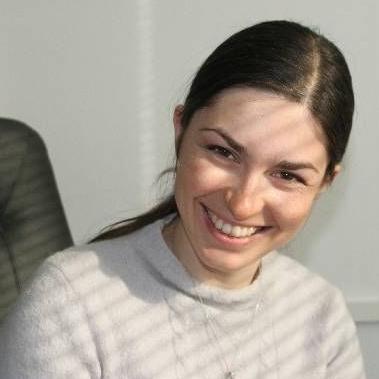Online, 24 November from 9.15 - 12.40 CET
Stakeholder Workshop
Practical information
Date: 24 November 2023
Time: 9h15 – 12h40 CET
Location: Online
Invitees: Regional stakeholders
Agenda
| 9.15 - 9.45 | Welcome and introduction to the workshop and participants |
| 9.45 - 10.15 | Discover pilot 1: How can an open data-driven platform help in reducing food loss and waste? |
| 10.15 - 10.55 | Identify trends that foster or hamper the development of an open data platform for collecting food loss and waste data |
| 10.55 - 11.15 | coffee break |
| 11.15 - 11.45 | Discover Pilot 9: How can meal boxes, labels, recipes and other digital solutions help consumers in making 'better' food choices? |
| 11.45 -12.25 | Identify trends that foster or hamper the digital solutions to support consumers in their food choices |
| 12.25 - 12.40 | Closing |
Pilot project 1 ‘FLW monitoring & assessment’
Some of the challenges in reduction of FLW are missing and fragmented FLW data, arduous/inaccurate data collection processes and methods as well as lack of awareness throughout the supply chain and functioning policy framework.
There is a lack of a systemic approach to collecting data and monitoring of FLW along the whole value chain. New innovative ways of collecting data and including new data sources would provide a better insight into where the problems arise and allow interventions at critical stages of the value chain.
This would enable reduction of FLW in the long term through systemic innovation involving all relevant actors, such as local farmers, food producers, small retailers, supermarkets, NGOs, the food service segment (hotels, restaurants, cafés, etc.), municipalities, etc.
This Living Lab will implement and test a FLW IT integration infrastructure and system, that will be fed with accurate and trustworthy data from all food supply actors and consumers enabling data collection, transparency, forecasting, monitoring, and management of food waste while interconnecting all stakeholders.
It will be implemented as an open-source platform, which is provisioned to be used by any e-services, tools and platforms for advanced analytics, real-time decision-making processes, reporting, visualization, etc., allowing:
- data collection and sharing among all actors and consumers
- systemic reporting about FLW evolution with FLW modelling and forecasting capabilities
- supporting food chain optimization and innovations based on data driven services
- supporting real-time and strategic (policy based) decision making
Pilot project 9 ‘Consumer Engagement and Everyday Life’
The problem we address in this Living Lab is related to the relative lack of consumer engagement in reducing food loss and waste. We have identified two obstacles; awareness of food loss before retailers and consumer habits which relate to their dietary needs.
Today, most consumers are not aware of the food loss that happens before they buy the products available in the supermarket. One concrete example is that of frozen french fries in the Netherlands; the machines at the french fry processers are created in a way where potatoes must have a specific shape and therefore potatoes must be cut before use. Currently, around 20% of the input potatoes, is thrown away as cut-off because producers cannot find any other profitable use for it.
There is a similar problem with "ugly" vegetables sold in retail which are vegetables that don’t live up to standard and consequently are thrown away before they reach the super market.
On top of these problems, consumers have personal nutritional needs and needs to balance a daily food intake. We know that consumers use go-to recipes in their everyday life to support their nutritional needs, but these recipes do not take into account food waste. By slightly moderating the recipes, the systemic food waste could be reduced significantly. For a transparent purchase, we plan to create labels for consumers in the purchasing situation to raise awareness on how much food was lost for this product to be produced. Then, departing from standard recipes and with the help of mathematical modelling, we want to suggest alternative recipes which have the same nutritional value, but create less food loss and waste. The recipes will be created involving chefs, food bloggers, and food advisory chatbots. Based on these recipes we want to create meal boxes, and supermarkets will be involved to better understand the consumer acceptance and dynamics in buying situations, which can be used to refine the models and recipes.

For more information:
Lisa Van den Bossche
ILVO
lisa.vandenbossche@ilvo.vlaanderen.be









